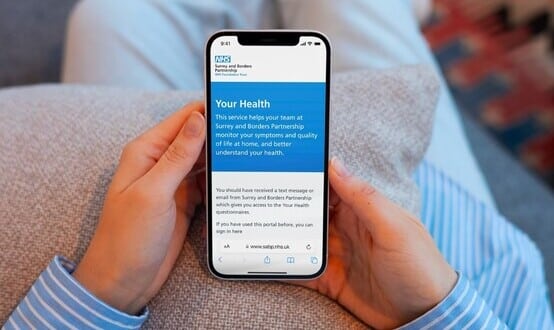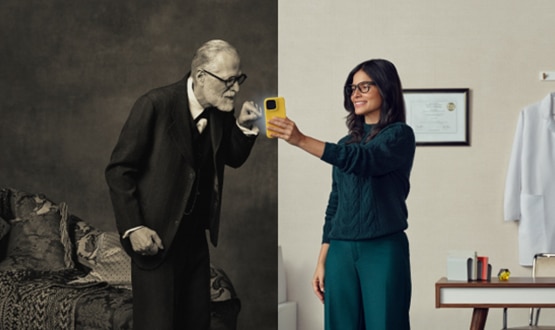Use of digital services leads to drop in missed psychiatric appointments

Going digital has led to a drop in missed psychiatric appointments, according to an online provider.
Psychiatric counsellors seeing patients online during the Covid-19 pandemic recorded a drop in patients skipping appointments compared to face-to-face sessions carried out before the crisis, data from Visiba Care suggests.
Recovery rates from Improving Access to Psychological Therapies (IAPT) services at Livewell Southwest also rose to an all-time high of 54%. Prior to the pandemic ‘did not attend’ rates were about 15%, but after online services were introduced the rate dropped to 5%.
The psychiatric care provider rolled out Visiba’s online platform in March 2020. Data relating to the platform suggests a shift in patient interaction with the service, with a more positive response to digital services.
Dr Adam Morris, chief executive of Livewell Southwest, said: “This really shows the additional availability of digital pathways can complement face-to-face consultations, improve patient choice and even improve outcomes.
“Going completely online was obviously forced on us by Covid-19 but in a rural area like ours, where public transport is often poor, reducing the need for our service users to travel is a benefit that will outlast the pandemic.
“It’s allowed us more flexibility in being able to offer care for people when and where they need it, which is especially important for mental health care.”
Dr Morris added the ease of access of Livewell Connect, which can be accessed through a laptop or smartphone, helped patients be more engaged with the service.
Tina Marshall of Visiba Care UK added: “It is great to see these results from Livewell Southwest; we are so pleased staff and service users find our system so easy to use, and ultimately, that patient health is improving because of it.
“Mental health especially has suffered due to the pandemic, so it’s critical that people have access to the services they need in a way that will be most beneficial for them.”
It’s a trend seen more widely in mental health services since the start of the pandemic, according to Digital Health Rewired keynote speaker Professor Henrietta Bowden-Jones OBE, a consultant psychiatrist and honorary professor.
Speaking during the Digitising Medicine session at the event on 18 March, Professor Bowden-Jones spoke of the unforeseen silver lining of the Covid-19 lockdown – gambling and addiction services going virtual.
She said accessibility of services for gambling and gaming disorder “have always been an issue”, often because of stigma.
“This has allowed people to receive treatment from the comfort of their home,” she said.
“There’s better access nationally, lower rates of DNA (did not attend) and online workshops are highly attended.”
Professor Bowden-Jones and other keynote speakers of the session recently took part in an episode of Digital Health Unplugged. You can listen to the chat about digitising medicine here.





2 Comments
Absolutely. The increase in patient recovery rates and the reduction in DNA is the evidence needed to show that this mode of communication does work. Visiba Care have been doing this for many years in other countries, their experience helped Livewell and can more of us here too I believe.
This is really good news. Hopefully it can be rolled out nationally. It is a bit of double edged sword for patients with mental health problems, especially anxiety and depression. After all many suffer with paranoia and agoraphobia. Coming to the appointment leads helps with agoraphobia by desensitising them to their outside environment, where there are people. That said, a mixed solution is probably necessary, with digital solutions improving how patients are managed in future.
Comments are closed.